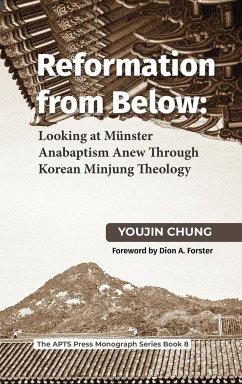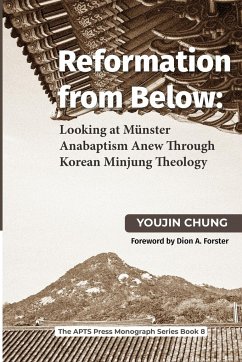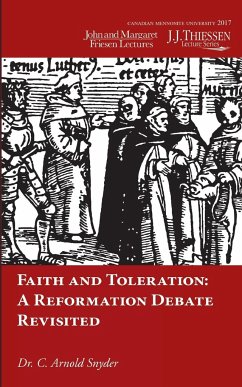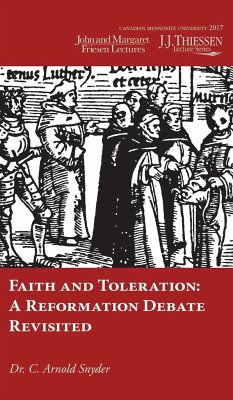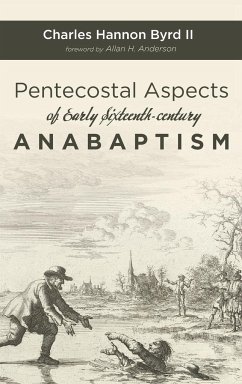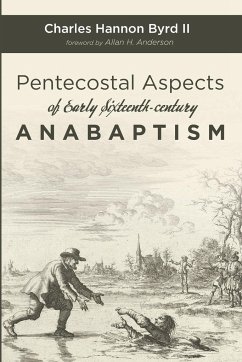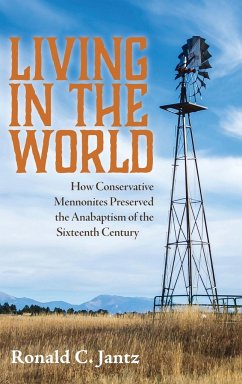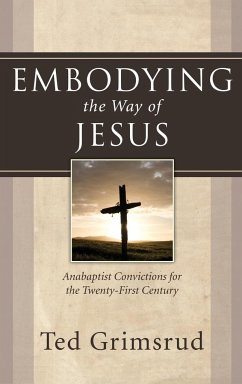In contemporary historical scholarship there is an important focus upon unearthing and telling ""people's histories"". Such projects are predicated upon an ideological commitment to ""re-read"" the events and historical sources of historical narratives, and of course to include new perspectives and new sources, to tell a different story or focus on a different element in the telling of the story. In church history, and the history of Christianity, such approaches are described variously as liberative, de-colonial, contextual, or social histories (among others). . . . Dr. Youjin Chung invites us into such a process as he seeks to ""reread"" the histories of the Anabaptist Munster traditions through the hermeneutic lens of Korean Minjung Theology. He is uniquely qualified to undertake this task given his own theological tradition, his cultural heritage, and his academic training. All of these elements serve to enrich his scholarly contribution in this text. Dr. Dion A. Forster, From the Foreword
Hinweis: Dieser Artikel kann nur an eine deutsche Lieferadresse ausgeliefert werden.
Hinweis: Dieser Artikel kann nur an eine deutsche Lieferadresse ausgeliefert werden.

